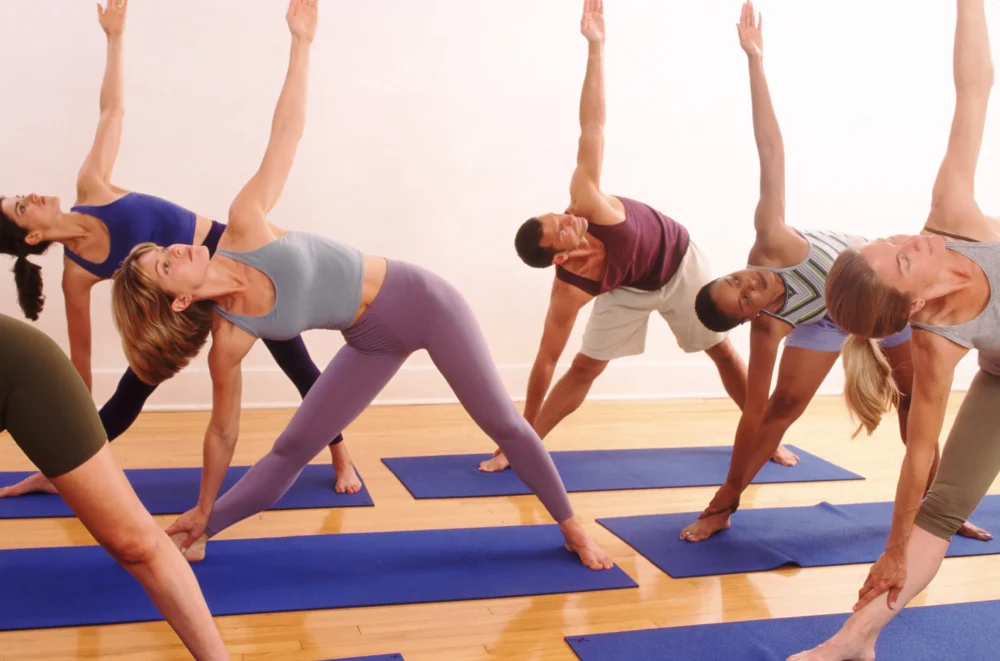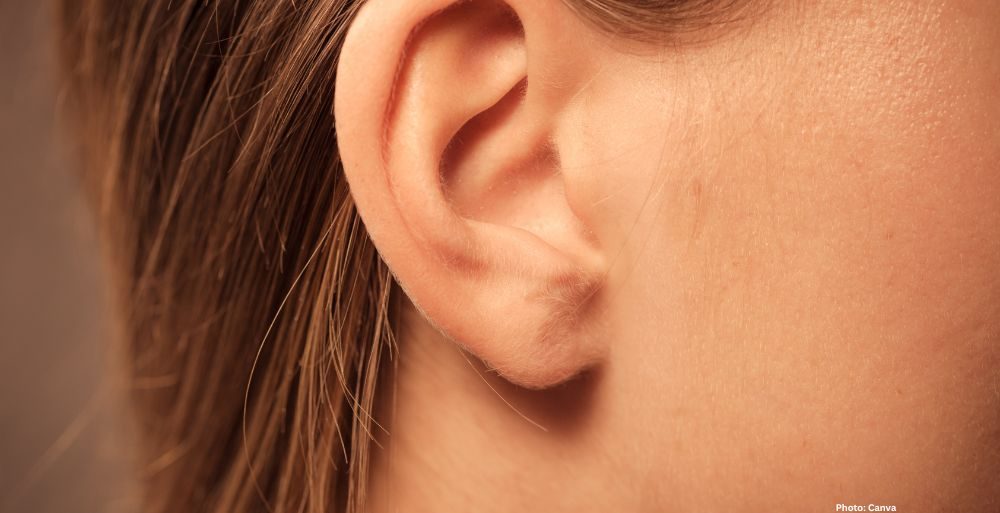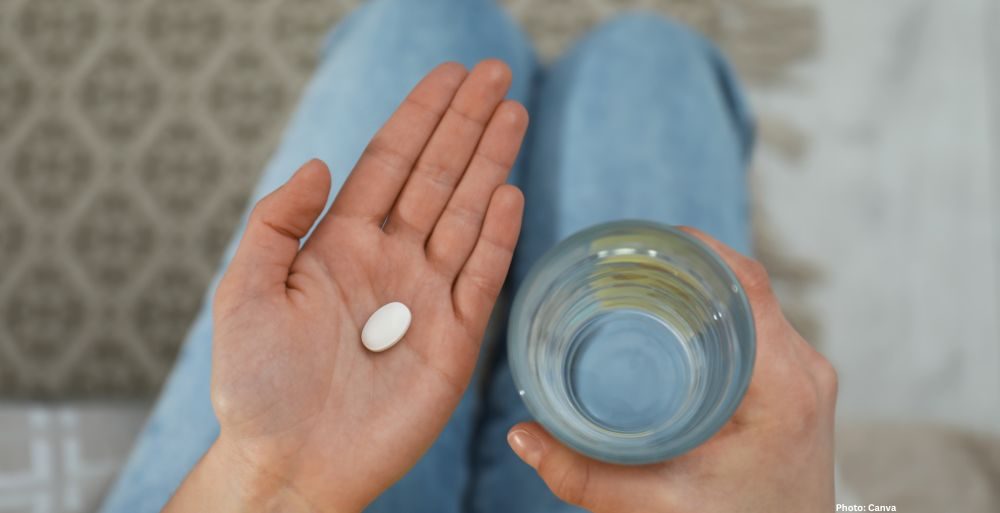If you’re looking for a way to improve your sleep, rolling out a yoga mat might be one of the most effective long-term solutions.
A new meta-analysis of 30 randomized controlled trials found that high-intensity yoga is more strongly linked to better sleep quality than walking, strength training, aerobic workouts, combination exercises, or traditional Chinese practices such as tai chi and qi gong.
The research included over 2,500 participants across multiple countries and age groups, all experiencing some form of sleep disturbance.
According to researchers at Harbin Sport University in China, the most effective routine involved high-intensity yoga sessions lasting under 30 minutes, performed twice a week. Among all the exercise categories reviewed, yoga led the list, with walking coming next, followed by resistance training. Many participants saw improvements within 8 to 10 weeks.
Interestingly, this finding does not fully align with a 2023 meta-analysis, which concluded that aerobic or moderate-intensity exercise three times per week produced the best improvements in sleep quality. Even in that review, however, one study did show yoga outperforming other exercise types.
A major challenge in comparing results is that yoga is not easy to classify—it can be both aerobic and anaerobic, and its intensity varies significantly depending on style or method. These variations may explain why different studies yield conflicting outcomes.
While the newest research does not identify the exact mechanism behind yoga’s sleep-enhancing effects, several theories exist.
Yoga not only elevates heart rate and strengthens muscles but also emphasizes breath control, which may stimulate the parasympathetic nervous system—the branch responsible for rest, relaxation, and digestion. Some studies even suggest yoga can influence brainwave patterns that support deeper, higher-quality sleep.
Despite the strong evidence that physical activity improves sleep, there is still a shortage of studies that directly compare different exercise types and their long-term impact.
The Harbin Sport University researchers caution that their conclusions should be interpreted carefully due to the limited number of available studies and the diverse nature of sleep disorders. More research is needed to determine which exercises consistently produce the best results.















